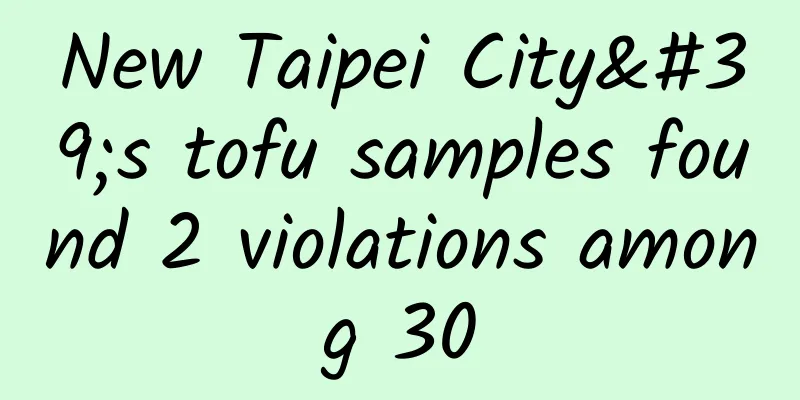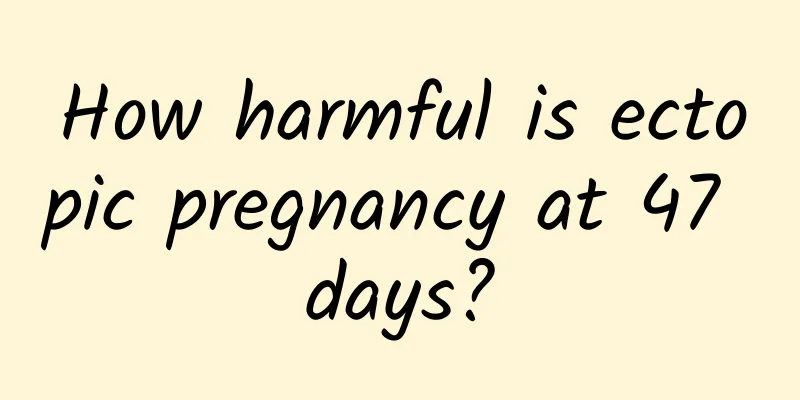New Taipei City's tofu samples found 2 violations among 30

|
On the 11th, the New Taipei City Government Health Bureau announced the results of the September random inspection of dried tofu products. Among the 30 tofu, dried tofu, bean skin and other products, 2 were found to have hydrogen peroxide residues. In addition to immediately notifying the shelves to remove the products, the suppliers are being traced. They may be fined between NT$30,000 and NT$150,000 for violating Article 12 of the Food Sanitation Management Act. Lin Guanzhen, director of the Food and Drug Administration Section of the Health Bureau, said that hydrogen peroxide is hydrogen peroxide, which is often added by food processors to processed bean products (such as dried shredded tofu, dried tofu, and sausage), noodle products (such as oil noodles and udon noodles), fish balls, clams, mussels, salted chicken, fish bones, etc. for the purpose of sterilization and bleaching. According to food hygiene standards, no hydrogen peroxide residue should be detected in food. Since the boiling point of hydrogen peroxide is as high as 152°C, hydrogen peroxide will still remain in the food even if the food is cooked or boiled. Long-term consumption may cause health damage. Lin Guanzhen pointed out that this time, tofu, dried tofu, bean skin and other bean products were sampled from traditional vendors and restaurants. The inspection items included preservatives (adienoic acid, dehydrated acetic acid, benzoic acid) and bactericides (hydrogen peroxide). As a result, a total of 2 pieces of "dried tofu" were found to contain "hydrogen peroxide" which did not comply with regulations, and the goods were both sourced from the same merchant in Bali. Generally speaking, hydrogen peroxide residues in food can be tested with a simple dilute sulfuric acid plus potassium iodide test reagent. Just drop a few drops of the reagent on the food. If a positive reaction is yellow or blue, it means there is hydrogen peroxide residue. If it is colorless, it is normal. The two restaurants whose tofu failed the random inspection by the Health Bureau were "Master Liang's Beef Noodles" and "Little Swallow Beef Noodle House" located on Section 2, Zhongshan Road, Bali District, New Taipei City. The tests showed positive reactions, which is not in compliance with regulations. Lin Guanzhen emphasized that hydrogen peroxide, which has bactericidal and bleaching effects, may cause irritation and skin stinging symptoms after consumption, so it cannot be detected according to regulations. Consumers are advised to purchase from merchants with good reputation and credit, avoid buying tofu products with bright or too white appearance, and soak them in plenty of water and then rinse them before cooking to avoid consuming excessive or illegal food additives and ensure their own safety. |
<<: Three samples of vegetables and fruits tested for pesticide residues in Taipei City failed
Recommend
What should patients with vulvar leukoplakia pay attention to in their daily lives?
What should patients with vulvar leukoplakia pay ...
Is it necessary to cure inflammation before abortion?
Is it necessary to cure inflammation before abort...
To prevent dysmenorrhea, we must take good measures
Dysmenorrhea is a phenomenon that most women will...
What can I eat to prevent ovarian cysts?
Ovarian cysts are a common female disease and can...
Revealed: The hazards of four common acute pelvic inflammatory diseases
Acute pelvic inflammatory disease is a gynecologi...
How big is the uterine fibroid that needs surgery?
At what size does a uterine fibroid need to be fo...
How to treat third-degree cervical erosion in women? Several treatment methods for third-degree cervical erosion
The third degree of cervical erosion is a relativ...
Are you a "cold-blooded animal"? 4 ways for office workers to save blood circulation
As an office worker, do you often feel cold hands...
Why is it itchy down there 20 days after abortion?
The following refers to the genitals, and abortio...
Treatment of pelvic effusion
Pelvic effusion is a common health problem in wom...
Is miscarriage a miscarriage? What is the difference between miscarriage and miscarriage?
Getting pregnant is a happy thing, but if the bab...
Celebrities love skipping rope to burn fat and lose weight, and Guo Xuefu has a good figure by skipping rope! 3 unexpected benefits of skipping rope
Skipping rope is a combination of aerobic and ana...
Can coarse salt hot compress on the abdomen cure cervicitis?
Cervicitis is a common gynecological disease, so ...
Is it really true that being a little bit fat is okay?
The weather has been cold these days, so people e...
Do you have back pain from sitting or standing for a long time? 4 "Year-End Success Exercises" to Keep Your Bones Healthy
Xiaohui is a sedentary office worker who stares a...


![[Video version] Are mangoes poisonous? Should we eat less of them? 3 points to pay attention to without burden! Nutritionists explain where the “poison” comes from…](/upload/images/67dcf37ecaf05.webp)






